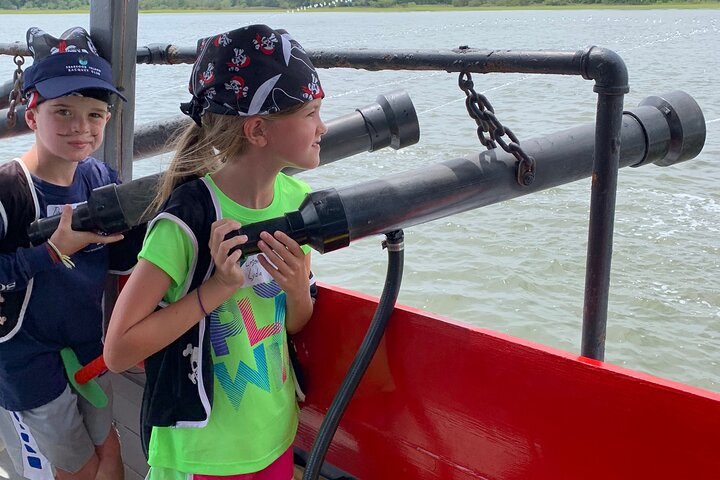
Americans have been warned not to travel on cruises by the U.S. State Department. This advisory cites the increased risk of infection from the bacterial virus COVID-19, which can be transmitted to passengers aboard cruise ships. It is best to cancel any cruise plans until the issue has been addressed.
Passport book
A valid passport book is required to be able to travel on a cruise ship. These are issued by the U.S. State Department, and they serve as proof of your citizenship. If you do not have a passport book, you will not be allowed to board the cruise ship. Be aware that many cruise ships require passengers present their passport book to board. On the U.S. State Department’s site, you can find additional information regarding this requirement.
You can use a passport book for both domestic and international travel. A passport book has multiple pages that can be used for visas and stamps. It is useful when you are planning to make multiple trips. A passport typically has 28 pages. But, for an additional fee, it can have up to 52 pages. Electronic passports are now the norm.

Visa requirements for state department cruise travel
Visa requirements can vary widely depending on where you plan to go. A valid passport is required for citizens of Canada or the U.S. Or, you can use a trusted traveler's card such as NEXUS, FAST, or SENTRI. In certain states, passengers can also apply for an Enhanced Driver's License.
To apply for a cruise visa, start by checking the State Department's web page. This page provides useful information about visa requirements and links to application forms. Last-minute rushes could cost you dearly. To obtain the visa required for your cruise, you can contact VisaCentral.
Your passport book is another important piece of documentation. You must have the latest version of your passport if you intend to travel on a cruise that is not within the United States. This is especially true if you plan on traveling to Bermuda or other Caribbean countries. Additionally, you should also bring an original birth certificate.
Cruise ships should be prevented from transmitting COVID-19
Cruise ship safety is a priority. The virus is a highly infectious disease that can spread rapidly among passengers on board. As with other infectious diseases, quick and aggressive action is critical to prevent larger outbreaks and minimize the risk of infection. This article discusses some of the key strategies for preventing the spread of COVID-19 on cruise ships.

Daily reports must be submitted by cruise ship operators to the USCG or the CDC about the number of COVID-19-related cases. The daily reports must include information on the frequency of medical screenings as well as temperature checks. They also need to detail the use and removal of masks in order to reduce the possibility of contamination. The cruise ship crew must also be trained to respond to COVID-19 outbreaks, and they must follow the recommended precautions for preventing and treating the virus.
It will be difficult to prevent the transmission of COVID-19 on cruise boats. However, the CDC has committed to working with cruise operators to ensure safe and healthy travel. In fact, the CDC provides tools and guidelines to cruise ships that can help them combat the virus.
FAQ
What is the cost of a cruise vacation?
Cruise vacations cost $1,000 per person plus tax and fees. The average price for a family of four is $4,200. This includes all meals.
What tip do I have to give my Cruise Director?
This varies by cruise line. Some cruise directors receive tips while others don't. Asking your Cruise Director when you board a ship is the best way to determine if they are entitled to tips. They will typically tell you how much they expect tips.
Are you required to have a passport to travel on a cruise ship?
If you want to travel the world, you should have a passport. You can travel to any country with a passport without needing a visa or other paperwork.
In some countries, you may not be allowed to enter if your passport isn't valid. A passport allows you to stay longer while traveling abroad.
Statistics
- If you're traveling alone, you may also need to factor in a single supplement, adding up to as much as 100% of the cruise fare. (travel.usnews.com)
- In addition, 10 to 15 percent gratuity is typically added to bar bills — for alcohol and soft drinks — and gratuities are applied to spa treatments. (cruiseline.com)
- *20% Gratuities Apply on Free Unlimited Open Bar; Free Specialty Dining. (ncl.com)
- You'll need to budget around $80 per person per day for this option – and an additional 18% gratuity. (travel.usnews.com)
External Links
How To
How can I plan my first Cruise?
Planning a cruise is just like any other trip. You need to take into account many factors such as budgeting, where to go and activities. There are some important differences to consider when planning your first cruise if you are new to cruising. Cruises can last up to three weeks, which is why you don't want any missed! These tips will help you make your cruise even more enjoyable.
-
Book your cruise as early as possible - Make sure you book at least six months before you depart. You can save money and avoid crowds by booking early. Plus, you'll have plenty of time to research the ship, itinerary, ports, and activities. You may even be able to find a bargain on airfare.
-
Select a destination. It doesn’t matter which port is chosen; choose the one that appeals most to you. There are many reasons people love to cruise to different destinations. Some love to travel while others prefer to relax and unwind on the boat. Whatever floats your boat, just remember to keep in mind the type of destination you'd like to visit. The Caribbean is the most popular destination, followed closely by Europe or Alaska.
-
Book a Suite - If money is not an issue, consider booking a suite. Suites provide extra space and a private balcony as well as additional amenities. These suites are typically available for between $100 and $300 per night depending on the size of the room and availability of suites during the sailing date.
-
Make sure to check the weather forecast. Cruising often is associated with tropical climates. But, make sure to check the weather forecasts on the days you'll visit the ports. It is possible for the sea to be unpredictable, especially in Antarctica. Before you book your cruise, it is a good idea to check how severe the weather may be.
-
Keep it light when packing for a cruise. You should only bring 10 items. That means no suitcases full of clothes or shoes! Make sure to only bring what you really need. Also, bring clothing you can layer because you likely won't always be able to access laundry facilities onboard.
-
Do your research before you buy tickets. Be sure to review their policies regarding pricing, the services they provide, as well and whether cancellation policies make sense.
-
Do not miss these must-see destinations - Make sure you visit each port at least once. Each one has its own culture and charm, so be sure to visit every local site.